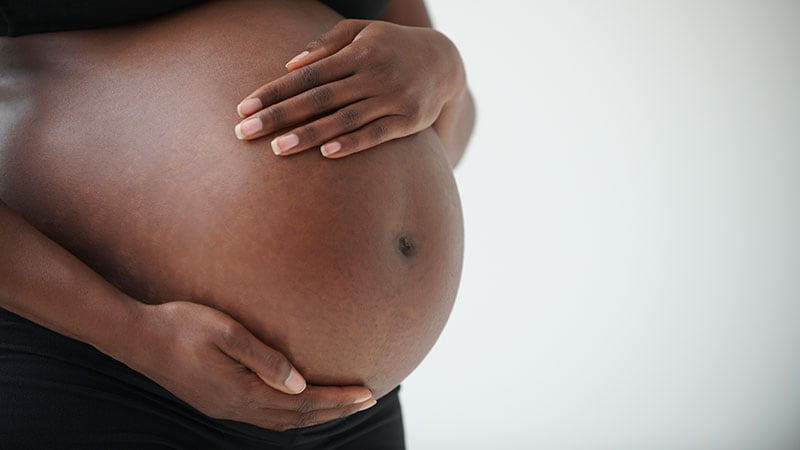Takeaway
- Advanced perineal lacerations during vaginal delivery can lead to long-standing sexual health impairment.
Why this matters
- Understanding sexual health problems can improve QoL.
Key results
- At 12 months, mean Pelvic Organ Prolapse/Urinary Incontinence Sexual Function Questionnaire (PISQ-12) scores were higher in group 3 compared with group 1 (adjusted coefficient, 1.69; 95% CI, 0.61-2.76).
- More than 50% of women with anal sphincter tears had dyspareunia compared with 25% in group 1.
- Perineal body length ≤2 cm was associated with increased risk for dyspareunia (adjusted relative risk, 1.72; 95% CI, 1.10-2.71).
Study design
- Prospective cohort study.
- Cohort was taken from 4 Danish hospitals between 2015 and 2019.
- Cohort stratified into 3 groups:
- 1: no/labia/first degree perineal laceration (n=203);
- 2: second degree perineal laceration (n=200); and
- 3: third and fourth degree perineal laceration (n=200).
- Baseline functioning was evaluated at 2 weeks postpartum, and sexual functioning was evaluated at 12 months postpartum with a clinical exam and PISQ-12 questionnaire.
- Funding: Odense University Hospital Research Foundation, University of Southern Denmark, Odense University Hospital, A.P. Moeller Foundation for the Advancement of Medical Science, and the Danish Association of Midwives.
Limitations
- All clinical examinations performed by 1 practitioner; misclassification of laceration was possible.
References
References


